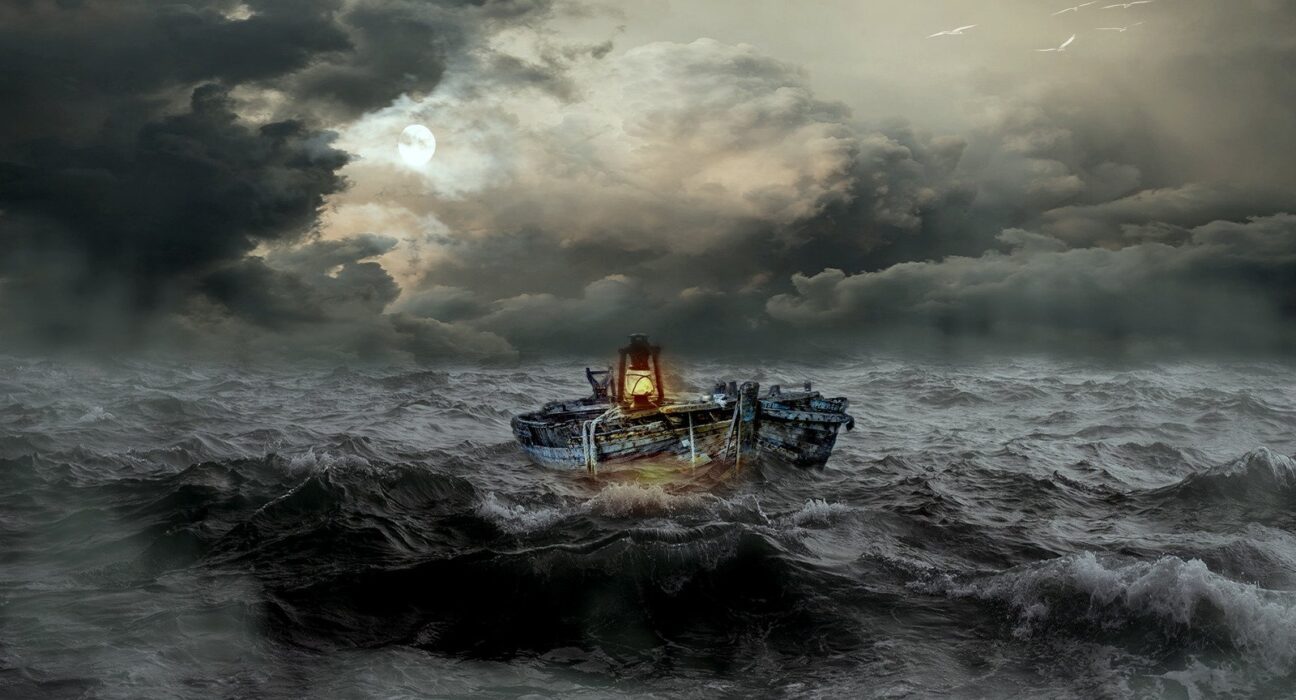In the past few weeks, India has been hit by two major natural disasters – floods in Uttarakhand and devastating drought in Chennai. In this article, we will explore both disasters and what their lessons were for those who were affected.
Lessons from the Uttarakhand Disaster
1. Disaster response is not a one-time event. Disasters are an opportunity to learn, and respond better in the future. The Uttarakhand disaster is a perfect example of this. There were so many lessons to be learned from this tragedy, and everyone involved – from the government, to the volunteers and first responders – should be very proud of what they have accomplished. Here are a few key takeaways: 1) Every organization needs a plan for responding to disasters. The Uttarakhand government did an excellent job of preparing for the disaster and putting in place protocols for managing the response. However, even with good planning, there is always the chance for things to go wrong. This was clearly seen in the chaos that ensued after the avalanche hit Rudraprayag on February 13th. Despite all the preparations, it was not possible to quickly bring relief to those affected by the disaster. This shows that even with well-managed responses, there will always be challenges that need to be addressed. 2) Good communication is key when responding to a disaster. The Uttarakhand government successfully used social media to
How to Adapt to Natural Disasters
Natural disasters can be an opportunity for us to reflect on our preparedness, and learn from our mistakes. In the aftermath of the Uttarakhand disaster, there have been many lessons to be learned. Here are four of the most important: 1. Natural disasters can create opportunities for solidarity. 2. It’s important to have a plan for after a disaster. 3. It’s important to be ready for all possible scenarios. 4. It’s important to be aware of local culture and customs.
What’s next for Uttarakhand
The Uttarakhand disaster has had a devastating impact on the people of the state and on tourism in India. Here are some lessons that could be learned from the tragedy.
The Future of Disaster Relief
Disasters have a way of bringing people together. They spur people to come up with new ideas, and to put their heads together to figure out ways to help those affected. This is what happened after the Uttarakhand disaster struck in May of this year. Since the disaster, there has been an outpouring of support for those who were affected. The government of India set up a relief fund, and people all over the world donated money. NGOs also sprang into action, setting up shelters and distributing food and water. This kind of cooperation is necessary in times of disaster. Millions of people were affected by the Uttarakhand disaster, and it was hard for them to get help from individual citizens. But because so many people came together to help, everyone was able to feel like they were making a difference. It’s important for us to remember that disasters don’t just affect people on the ground. Disasters can also have a big impact on our economy. For example, the Uttarakhand disaster may have caused some businesses to close down, or lost sales. This means that we need to be prepared for future disasters, so that we can get through them without too much damage.








